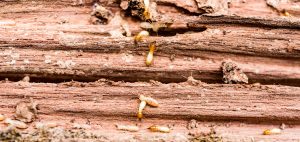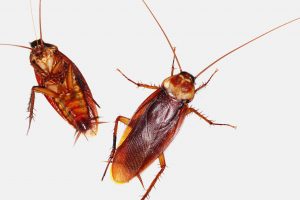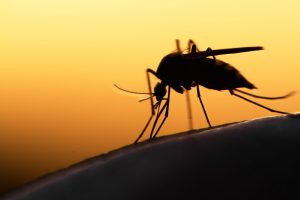
Gardens are a fun way to relax, get fresh air and sunshine, and grow nutritious, wholesome food.While tending a garden can certainly be enjoyable, it can also become a stressful chore if the garden is infested with insects. Here are some of the most common garden pests, and how to eradicate them from your property.
Sticky Fingers
The name “sticky fingers” may conjure up an image of a rascal who uses clever ways of to take money and goods from unsuspecting persons. When it comes to the garden pests, this description couldn’t be more accurate. Typically, these garden pests are wild or outdoor domestic animals that come in during the night and steal produce. To deter these unwanted visitors, try surrounding your garden with a pungent barrier. Some people surround gardens with used diapers to accomplish this goal, but that may not be necessary. Simply spraying strong essential oils, manure, or even low-dose pesticides may be help to deter unwanted visitors.
Aphids
Pear-shaped and barely visible to the naked eye, aphids infest many flowering fruits and vegetables. Found all throughout North America, aphids, suck sap from leaves and drain nutrients from plants. They may also induce mold growth and increase the risk of viruses. Without proper control, they can affect an entire garden. Simply spraying leaves in the early morning with water can help wash away aphids. Introducing aphid midges and lady beetles may also help to reduce the local aphid population. Insecticidal soap, neem, and horticultural oils may also be effective.
Cabbage Maggot
The cabbage maggot doesn’t just attack cabbage; it also affects every plant in the cabbage family. These sneaky critters tunnel in roots and destroy plants by creating entryways for disease-causing organisms. Applying row covers can be helpful, as can introducing parasitic nematodes in the soil. Be sure to burn roots that have been affected in order to ensure the destruction of any maggots that may be hiding. Speaking to a professional pest control company that has knowledge in garden pests may also be helpful for finding new ways of combating this invasive insect.




